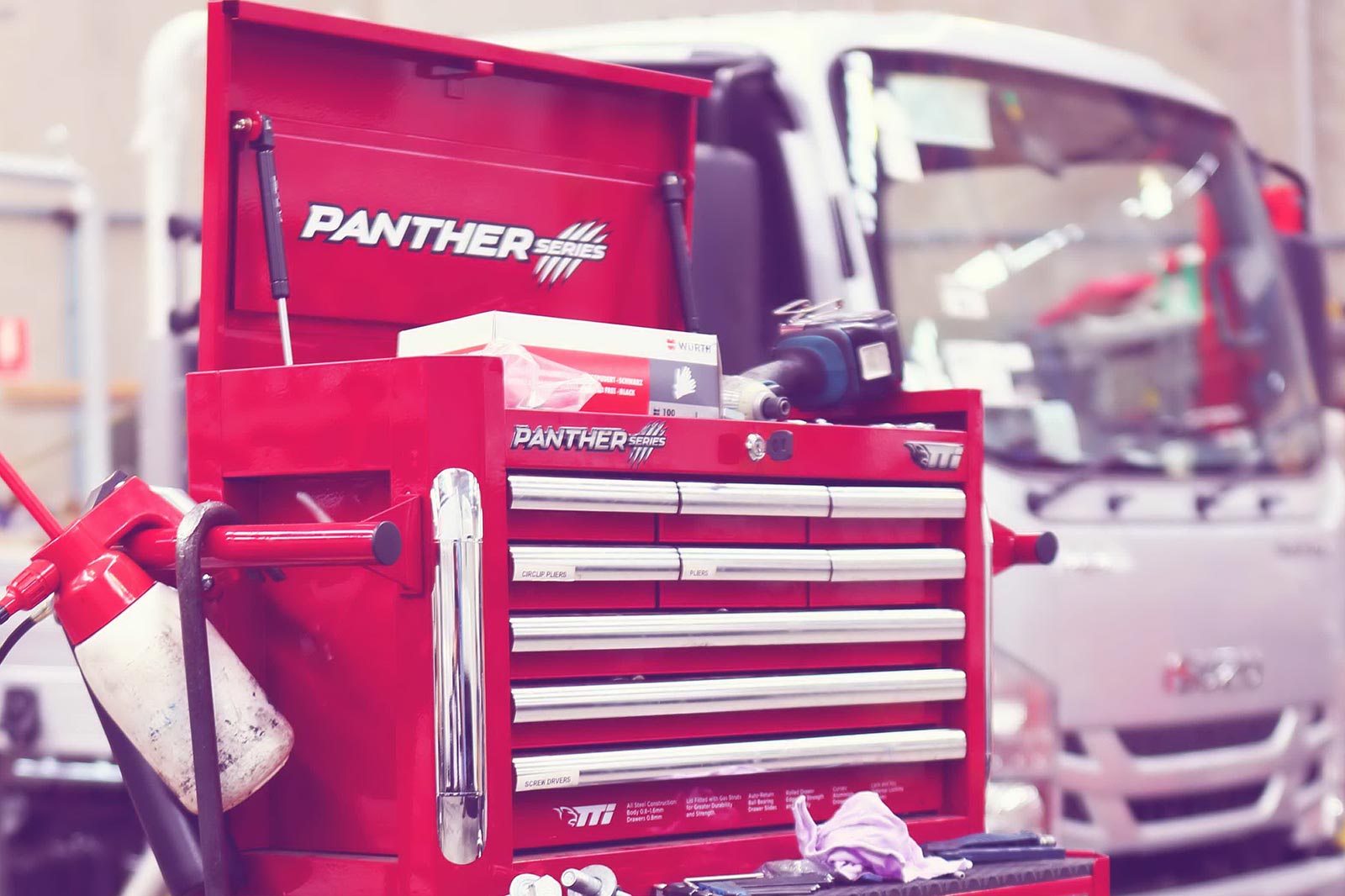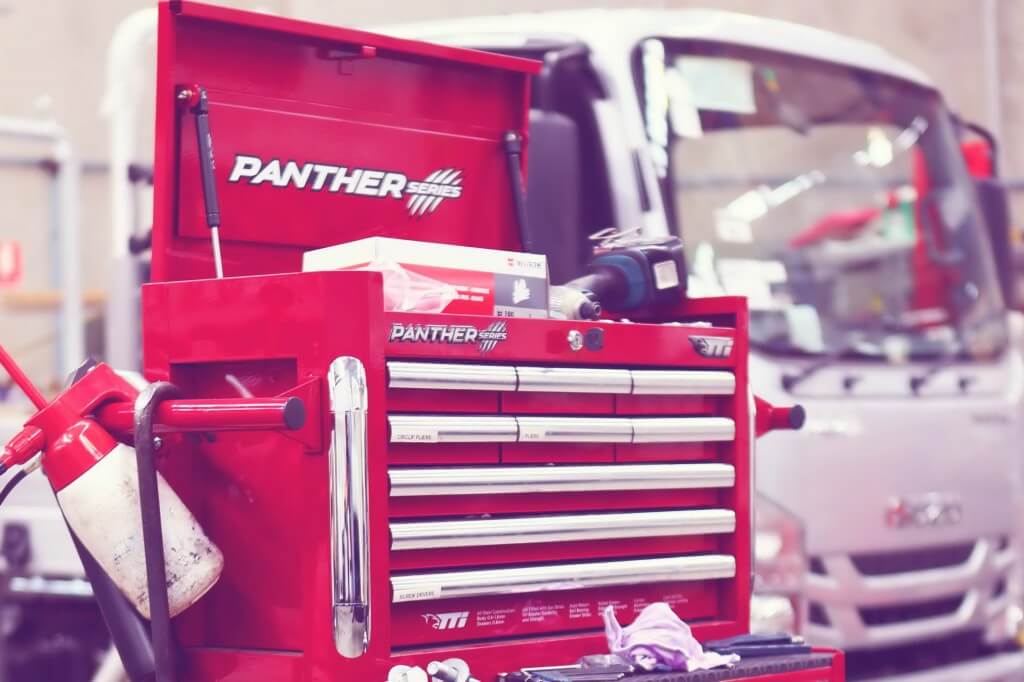FIVE WAYS TO BEAT UNSCHEDULED DOWNTIME

 ‘Unscheduled vehicle downtime’…it’s enough strike a chill into the heart of any business owner or transport operator.
Whether you’re operating a fleet of vehicles or a single truck, having a vehicle taken off the road unexpectedly can have huge cost implications.
As well as the expense of vehicle repairs, components and parts, truck downtime affects driver costs and productivity.
Additionally, an order, service or delivery that cannot be met means disappointed customers, which in turn means the reputation of your business or your brand may take a hit.
In this post we look at some simple pre-emptive steps for minimising downtime and keeping your trucks, and your business, running smoothly.
‘Unscheduled vehicle downtime’…it’s enough strike a chill into the heart of any business owner or transport operator.
Whether you’re operating a fleet of vehicles or a single truck, having a vehicle taken off the road unexpectedly can have huge cost implications.
As well as the expense of vehicle repairs, components and parts, truck downtime affects driver costs and productivity.
Additionally, an order, service or delivery that cannot be met means disappointed customers, which in turn means the reputation of your business or your brand may take a hit.
In this post we look at some simple pre-emptive steps for minimising downtime and keeping your trucks, and your business, running smoothly.
1. The right truck for the job
Make sure the truck is the right fit for its application. Talk to your dealer about your business needs now – and into the future – and then make sure your new vehicle measures up. From food distribution and landscaping to carrying industrial supplies, consider size, GVM, axle weight distribution and other factors relating to how the truck will be performing under pressure. Getting this right from the very start is crucial. Overloading, for example, will reveal itself in tyre wear and eventually the degradation of other critical components. Matching your truck to its vocational needs will not only maximise performance and efficiency, it will minimise wear-and-tear on the vehicle and lessen the likelihood of breakdowns and off-road time.2. Servicing
There’s no getting around servicing and maintenance for keeping your trucks in tip-top shape. Data from one of the largest breakdown service agencies in the US found that tyres and brakes were leading causes of truck breakdowns and roadside assistance calls. Given the above, a regular servicing and maintenance regime is a must for avoiding downtime. A trusting, ongoing relationship with a local service provider means they’ll come to know your truck, and may be able to head off future mechanical issues. Four things to consider when servicing your truck:- Book regular service appointments, and schedule them in advance. This cuts down waiting time and means parts should be available when you need them.
- Take some of the hassle out of managing your own servicing needs and explore the service plans offered by your local truck dealer.
- Think laterally – if you know your trucks are going to be stationary at a specific time and place, discuss the option of a mobile service option.
- Are all service providers equal? Find out if your current provider offers “factory trained” technicians, OEM technical support, OEM diagnostic tooling, genuine parts with their back up and warranty, all designed to keep your investment in tip top shape with maximum uptime.
3. Driver training and education
Your drivers are your best allies when it comes to busting downtime. Make sure your team is operating the vehicles properly. This means training your team, encouraging good driving practices and sharing information on vehicle capacity and limitations. Tools including speed/rev limiters and telematics devices can read and monitor engine performance, giving a basis on which to both train your team and reward good performance. 'Best practice' businesses employ a regular practice of pre-departure safety checks on the vehicle, requiring drivers to check lights, mirrors, tyres, fluids and any known trouble spots, and that loads are secured correctly.4. Parts
Late in 2015, thousands of counterfeit Toyota brake pads containing asbestos were imported illegally and sold to unwitting local buyers for about a quarter of the price of a genuine part. Toyota subsequently issued a counterfeit alert. In the parts market, prices are as varied as the options on display, so make sure you know what you’re getting into to minimise your exposure to dodgy importers. Ask your dealer, repairer or servicer about their parts procedures, and make sure you know exactly what’s going into your vehicle. The effort will go a long way towards preventing an avoidable parts failure or recall from taking your truck off the road. Don't forget to consider the impact of your parts purchase on vehicle warranty or insurance, to ensure you don’t inadvertently breach any of the terms and conditions.5. Insurance
Despite the best planning and precautions, the worst can occur. For example, your vehicle’s off the road after an accident and you don’t have a spare truck. What do you do? Business interruption insurance can help manage this risk, resetting the dial to 'business as usual', as quickly as possible. A good business continuity insurer will generally have an established network of repairers, a strategy to ensure the trucks are repaired properly and aim to have the shortest possible gap from the time of the accident to handing back the truck road-ready.


Playtime’s over, get $3,500* to spend on extras.
If you’re ready to get serious about tackling bigger jobs, grab yourself an NLR 45-150 AMT SWB Traypack from the Ready-to-Work range for $62,990 drive away*. And to prove we aren’t playing, buy any NLR Traypack before June 30 and you’ll get $3,500* to spend on genuine accessories or an Essentials service agreement.
Learn more



